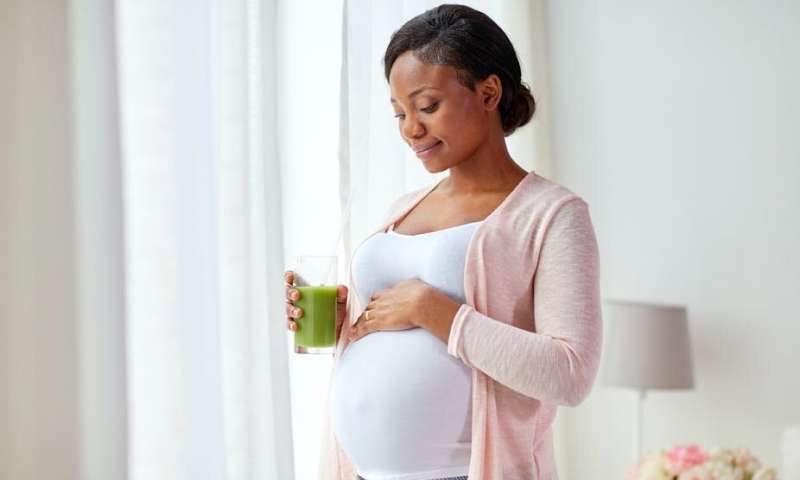
Much like during the initial outbreaks of other coronaviruses, there is little certainty regarding the exact effects of COVID-19, especially long-term. However, data about its effects on pregnant women is starting to accumulate and provide preliminary information and precautions. Both the acute and immediate effects of COVID-19 on the mother and child must be considered, as well as the long-term effects for both. Any information gathered can be useful in protecting against unwanted effects.
Pregnancy Complications
According to one study, premature birth is the most common adverse pregnancy outcome when a pregnant woman is infected with coronavirus, including COVID-19. Other research has shown that pregnant mothers who contracted COVID-19 were more likely to show abnormalities in their placenta, including decidual arteriopathy, compared to a control group.
Pregnant mothers who contracted COVID-19 were more likely than controls to show sings of maternal vascular malperfusion, which is associated with hypertensive disorders. However, only one of the COVID-19 group in this study was diagnosed with hypertension. This may indicate that the sings of malperfusion do not indicate hypertension, but instead, a hypercoagulation of the blood, which is concurrent with symptoms present in other COVID-19 patients.
However, less research has documented the effects of mild or asymptomatic cases of COVID-19 on pregnant women and their children. This is perhaps more important information to gather, as so far it appears that the majority of COVID-19 cases fall under this category. Additionally, current research does not suggest that pregnant women are more susceptible to the effects of COVID-19 than others.
Risks for the Fetus
During pregnancy, the fetus seems to be relatively protected from vertical transmission, meaning it is uncommon for COVID-19 to be passed from a mother to a fetus. Also, antibodies that can provide passive immunity to the fetus are likely transferred to the fetus. This may provide protection from the virus for months after the baby is born. This is corroborated by preliminary studies that have shown newborns to carry COVID-19 antibodies that are present in their mothers.
However, it is possible that if a pregnant woman has a severe case of the virus, and thus a significant inflammatory response, this may cause negative health effects in the child. Inflammatory responses during pregnancy are associated with a higher risk of the child developing cardiovascular, neurodevelopmental, and respiratory disorders. There is currently not enough information to accurately determine the long-term effects of pregnant women’s immune responses from COVID-19 on their children.
Women’s Health Device Market
Some medical markets have been impeded by COVID-19, and thus their growth has slowed significantly, such as the dental market. Virtually no market has remained completely unaffected by the ongoing global pandemic. iData’s COVID-19 Page can help provide you with the latest updates on the effects of the virus on medical device markets.
For more information on this market, iData’s Women’s Health Market Report contains detailed international market analyses that are based on primary interviews with industry leaders. Each study covers Units Sold, ASPs, Market Share, Procedural Data, Revenue, Growth Rates, and Market Value for each of the market segments. Request your complimentary research summary today!
Via: MedicalXPress